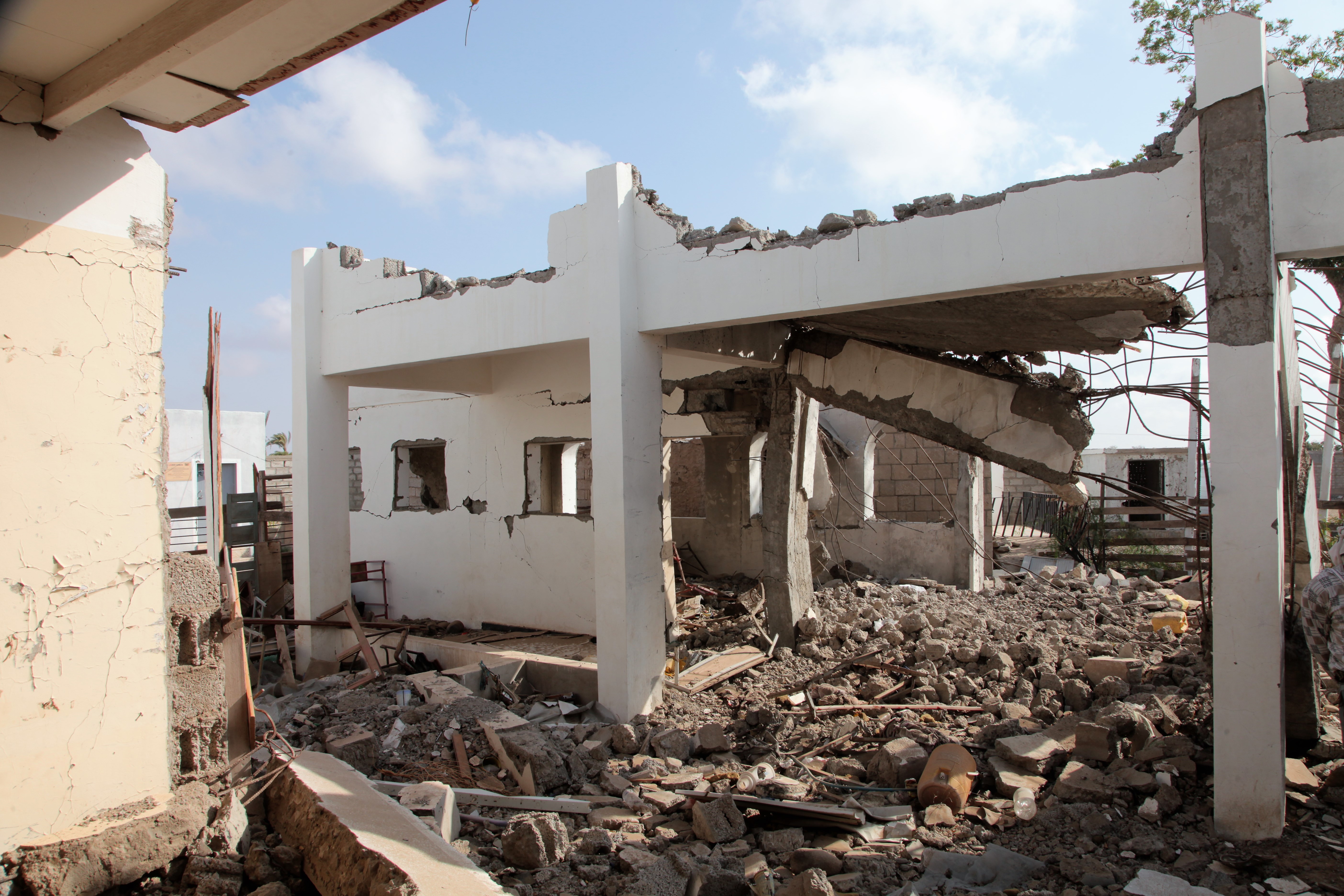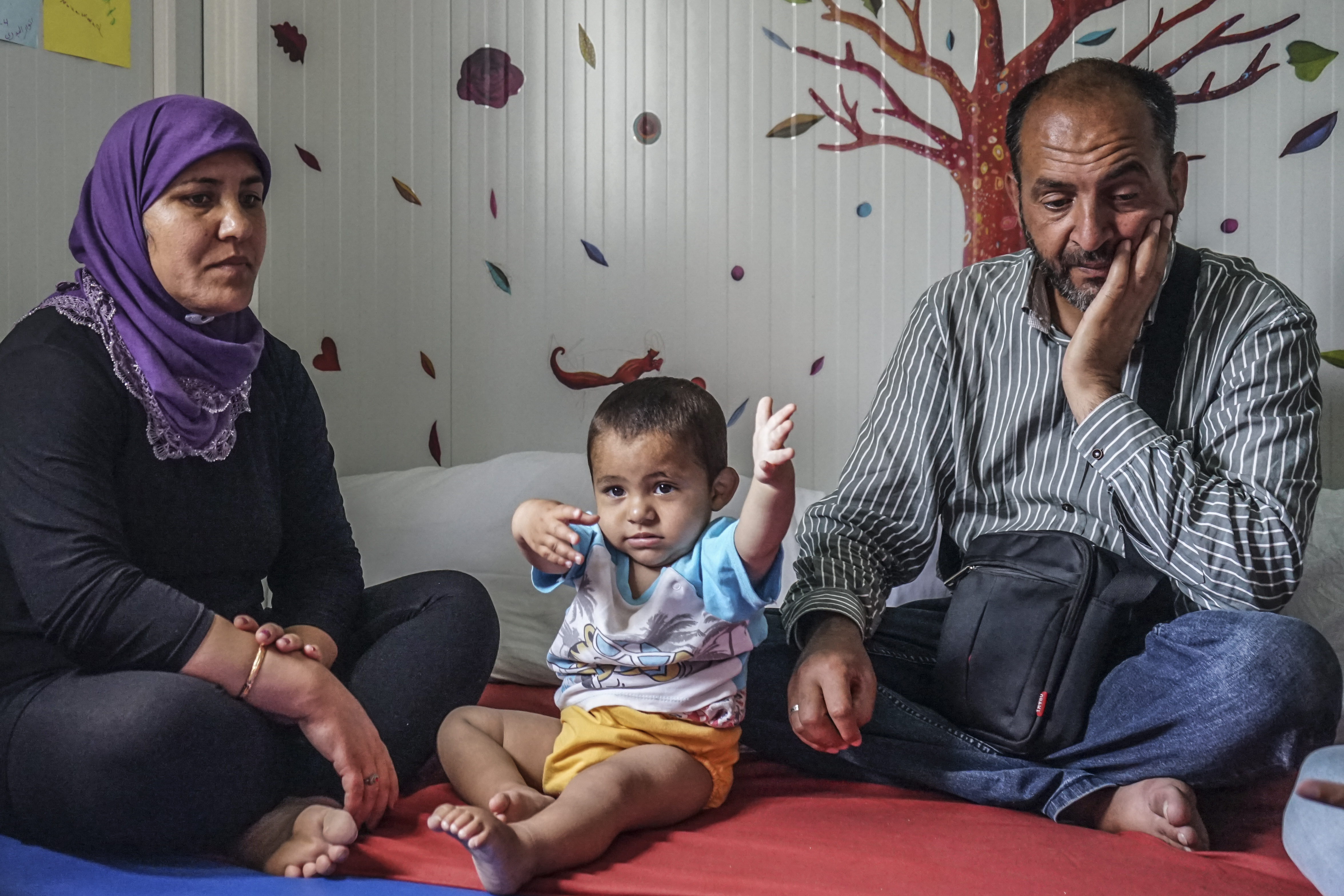The continued non-compliance with international humanitarian law (IHL) remains a moral, legal, and political stain. Each violation of IHL in Syria, Somalia, Yemen, Myanmar, and so many other locations has the most serious consequences for those affected. Perhaps even more concerning, if possible, is that this disregard for IHL has become commonplace in a conflicts around the world. Parties to conflict continue to deliberately disregard the rules of conflict and the predictable consequences. This is an issue of global concern.
The last decade has seen conflicts continue their negative spiral of violence, most often fueled by repeated violations of IHL including the deliberate targeting of schools, health facilities, and civilian market places. Yemen, which has become the world’s largest humanitarian crisis, is facing public health epidemics, drug shortages, starvation and a decimated infrastructure. The pain of conflict in Syria continues as displaced survivors live in appalling conditions, separated from families, and uncertainty about their future. The fighting no longer occurs in uninhabited plains, but in densely populated cities filled with innocent civilians. Yemen’s cities in the north of the country have been largely reduced to rubble, and major cities like Aleppo and Homs in Syria, once tourist destinations and hubs of trade and business, are now the quintessential images of complete destruction.
 As the world urbanizes, so too has conflict. Increasingly, fighting takes place in urban areas and civilians bear the brunt of it. IHL imposes limits on the means and methods of warfare. It also requires parties to the conflict to protect civilians and civilian infrastructure against harm. Very clearly, IHL prohibits attacks against civilians and civilian objects, as well as indiscriminate attacks. IHL also prohibits attacks that may be expected to cause civilian harm that would be excessive in relation to the direct military advantage anticipated. The principle of proportionality is uncontested and well-understand by all actors to conflict. The principles of distinction, proportionality and precautions are complementary, and all three must be respected for an attack to be lawful. These three principles are widely and repeatedly disregarded by state and non-state actors today. The international community must double its efforts to ensure acceptance and respect of IHL by all armed actors.
As the world urbanizes, so too has conflict. Increasingly, fighting takes place in urban areas and civilians bear the brunt of it. IHL imposes limits on the means and methods of warfare. It also requires parties to the conflict to protect civilians and civilian infrastructure against harm. Very clearly, IHL prohibits attacks against civilians and civilian objects, as well as indiscriminate attacks. IHL also prohibits attacks that may be expected to cause civilian harm that would be excessive in relation to the direct military advantage anticipated. The principle of proportionality is uncontested and well-understand by all actors to conflict. The principles of distinction, proportionality and precautions are complementary, and all three must be respected for an attack to be lawful. These three principles are widely and repeatedly disregarded by state and non-state actors today. The international community must double its efforts to ensure acceptance and respect of IHL by all armed actors.
Engaging parties to conflict in dialogue about their responsibilities under IHL is becoming more and more complicated. As armed groups fragment and reconstitute themselves with new and ill-defined hierarchies, and as governments retreat from overt involvement in extraterritorial conflicts – often preferring to support proxy actors instead – it is becoming increasingly difficult to attribute responsibility for violations and corrective measures, and to engage in pre-emptive and constructive dialogue about IHL. In many places, the involvement of multiple actors with overlapping hierarchies and motives makes it complicated and dangerous for humanitarian actors to reach the people affected and to engage belligerents in discussions on compliance with IHL.
Protracted conflicts continue to negatively impact life and hinder recovery. The negative impacts of protracted conflict is more multifaceted and complex than the amount of years it has remained. Civilian casualties have increased in Afghanistan despite intensified peace talks. In the Democratic Republic of the Congo and the Central African Republic, armed groups continue to fragment and proliferate as peace and demobilization efforts are slow to advance. Malnutrition has become chronic in South Sudan since the outbreak of conflict there. In Colombia, despite the peace agreement new splinter groups as well as veteran groups are vying to consolidate power. Violence has decreased in Ukraine, but the conflict now in its sixth year shows limited hope of resolution. The effects of these protracted conflicts on education, infrastructure, and health is huge. Many of these contexts are underreported in the media and neglected by political actors.
New technologies are changing human interaction and conflict. Many States are investing in the development of warfare that relies on technology like never before including cyber tools, autonomous weapon systems, and artificial intelligence. Humanitarian Advisors calls on industry and political actors to ensure that these technological advancements bring positive developments including weapons with more precision, military decisions that are better informed, and achievement of political-military objectives without kinetic force or physical destruction.
International judicial and fact-finding mechanisms provide a partial response; however, there is a great deal of unused leverage in the world today to stop violations as they occur. Political actors must take responsibility for the worsening human-security in many countries, as well as the repeated and openly flouted respect for IHL. When IHL is violated, the seriousness of the consequences, and the urgency of taking corrective measures cannot be overstated.
 Humanitarian assistance must continue to be provided with peoples’ needs and vulnerabilities as the central motivators. The perspectives of the communities and robust knowledge of the context must be incorporated in the design and implementation of a humanitarian response. The nature of conflict is such that many humanitarian needs arise and they may change, accumulate, and become exacerbated over time.
Humanitarian assistance must continue to be provided with peoples’ needs and vulnerabilities as the central motivators. The perspectives of the communities and robust knowledge of the context must be incorporated in the design and implementation of a humanitarian response. The nature of conflict is such that many humanitarian needs arise and they may change, accumulate, and become exacerbated over time.
Humanitarian Advisors calls on political, military, and humanitarian actors to continue the dialogue about, and increase awareness of and respect for IHL and the benefits of compliance. Political actors must use the leverages they have to force compliance, and provide immediate support to affected communities. Parties to conflict must recognise the importance and benefits of complying with IHL, and ensure accountability when violations occur. Humanitarian actors must continue to provide needs-based assistance to vulnerable communities and support constructive and informative dialogue with all stakeholders to ensure a shared understanding and respect for IHL.
1 thought on “The Political Stain of Non-Compliance with International Humanitarian Law”